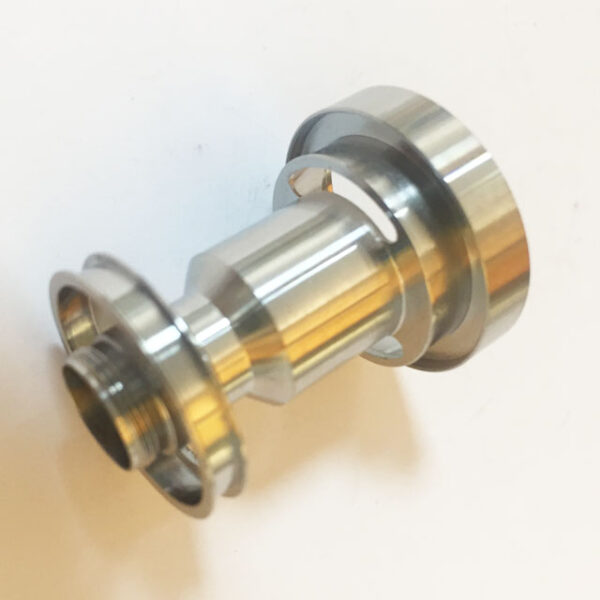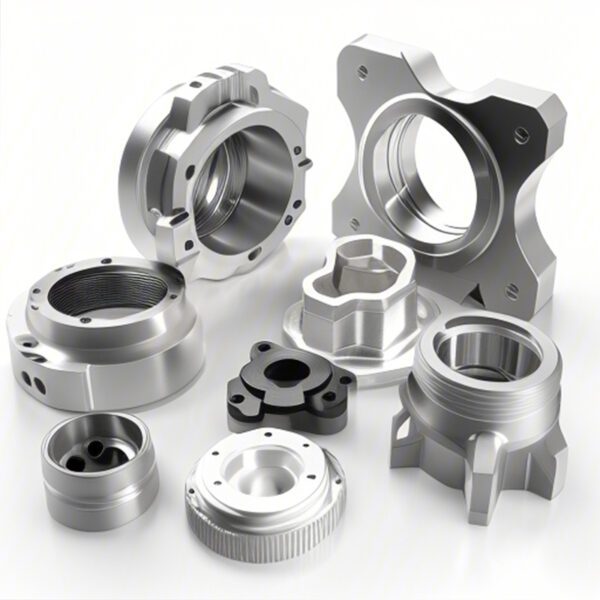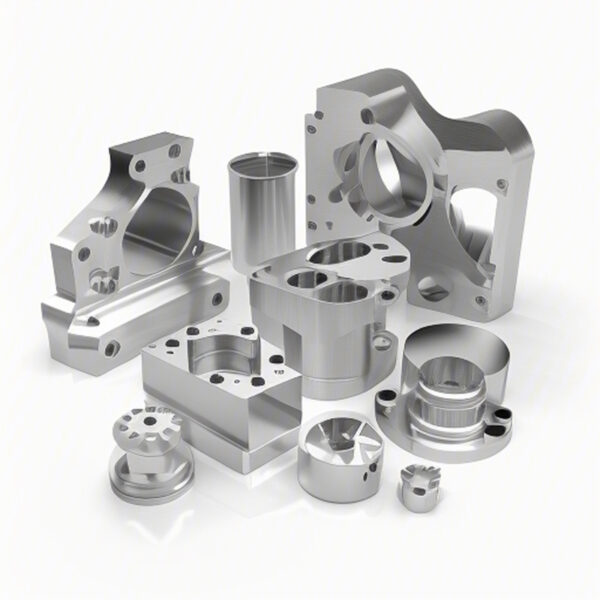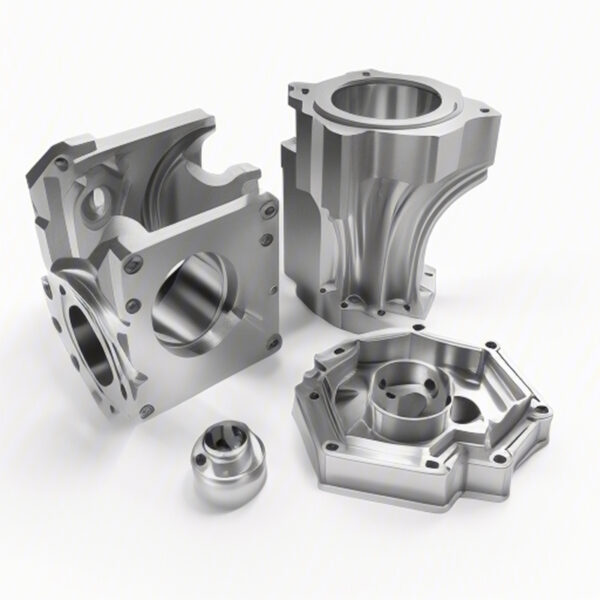Plastic Parts CNC Machining:Material Types and Applications
CNC machining of plastic parts is a critical process in modern manufacturing, offering precision, flexibility, and efficiency. This guide delves into the various types of plastics used for CNC machining, their properties, applications, and the future trends shaping the industry. Types of Plastics for CNC Machining ABS (Acrylonitrile Butadiene Styrene): Known for its high impact […]
Plastic Parts CNC Machining:Material Types and Applications Read More »
Blog
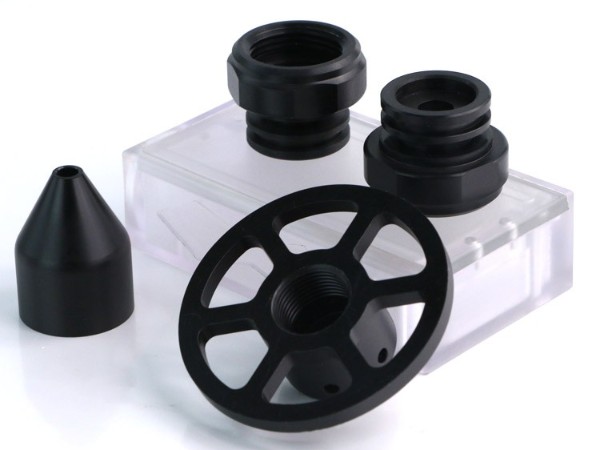
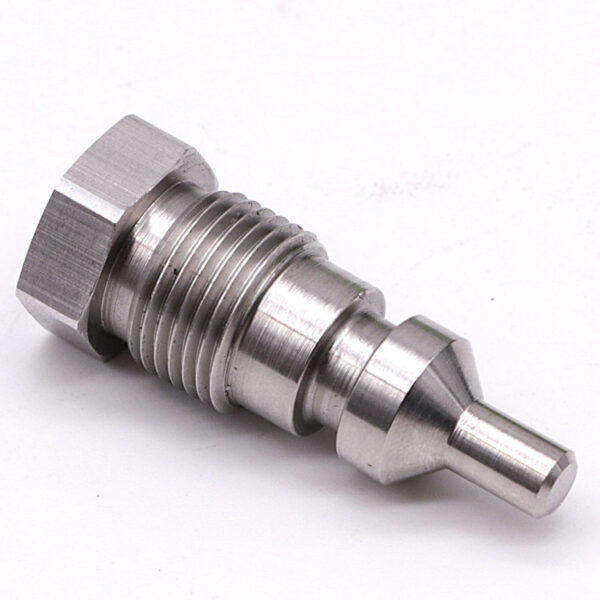
-600x600.jpg)
